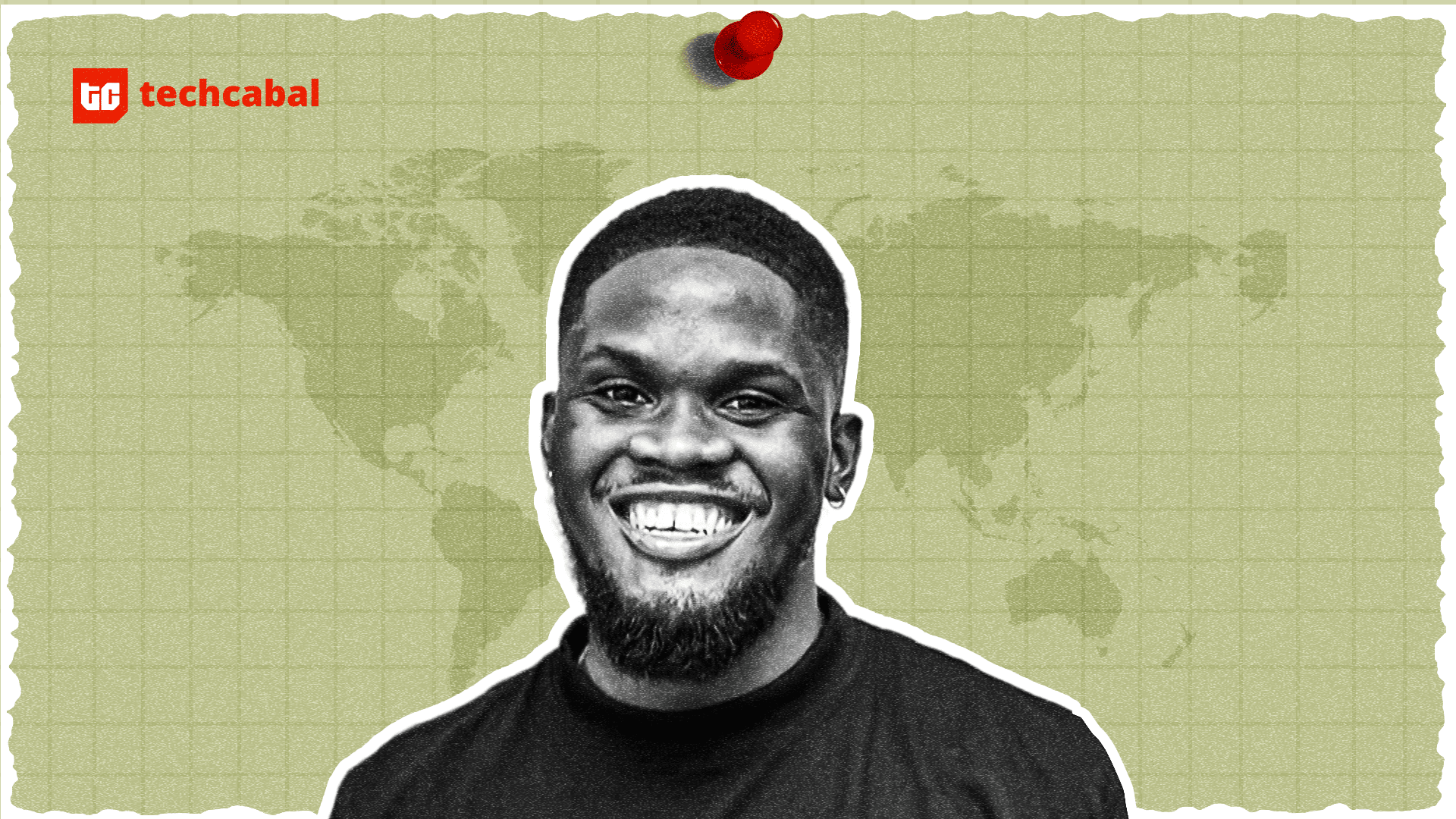In the last five years, Milton Tutu has called three countries home. From the bustling city of Lagos, Nigeria, to the serene scapes of Kigali, Rwanda, and now, the vibrant Nairobi, Kenya. In that time, he was building and redefining marketing systems at Selar, while growing Blurpe, a talent pool for no-code talents in Africa.
But beneath the multi-country moves, creator conferences, marathons, and a growing love for Kenyan house music, is a vision for pan-African tech solutions and scale.
“What I’ve seen in Africa, [is that] there are so many opportunities,” Tutu said, “I really love that people are travelling to the States, people are travelling to places like Canada. [But live in] Africa, and see for yourself, see the opportunity that is back home.”
The genesis of Tutu’s exodus
At 23, Tutu was offered a role as the growth and marketing manager for a product he was already a natural evangelist for, Selar, an e-commerce tool built to help digital creators sell. Tutu’s commitment to the product was clear, so clear that within a year, he’d been invited by the Youthspark Pan African Development Foundation to speak about the creator economy. “I was invited to come speak about the creator economy; how can African youths tap into the digital economy, or start selling digital products?”
His first flight out of Nigeria into Kigali, Rwanda’s capital, introduced him to an easy-going clime with systems crafted for businesses to thrive. On his return to Nigeria, Tutu determined that Rwanda was his next move, and within a year, he settled in Kigali. It was in that same year that Tutu launched Blurpe. “Living in Kigali, starting a business in Kigali, was actually a defining moment in my life,” Tutu said. “They have systems that will help your business grow. They have opportunities that you can tap into.”
He didn’t stop there. In 2024, as the chief marketing officer for Selar, Tutu laid the groundwork for Selar’s expansion into the Kenyan market. And later that year, he relocated to Nairobi. “There is nothing as good or better than being present in the markets that you want to expand to.”
“When I’m building businesses, I’m not just thinking about the Nigerian markets [alone]. [I’m thinking] how can I get my stuff down to Nairobi? How can I get my stuff down to Kigali? How can I get into Ghana? How can I get down to Francophone Africa?”
Three ecosystems, one vision.
For visitors who intend to explore business opportunities in Rwanda, the W2 entrepreneurship visa grants them access to launch and run a business in the country. It also provides some access within the region, and for Tutu, the W2 visa allowed him to explore Uganda and Kenya.
While building for the markets across these three countries requires somewhat different playbooks, there are strong similarities, Tutu argues. Opportunities abound in Kenya, though some are oblivious to them. In Rwanda, the business and tech ecosystem still have much development to do but initiative such as the East African Rwanda Innovation Funds, managed by Angaza Capital, and the Rwanda Rise Fund—launched by BK Group PLC—show the government and private sector’s commitment to investing in East African businesses with a focus on Rwanda.
“Rwanda, they are doing the best that they can with all the resources at their disposal, to bring in investors into the markets, to make tourism in Kigali become a thing, to make sure that businesses in Rwanda get funding,” he says.
These are opportunities African entrepreneurs in the creator economy must pay attention to and take advantage of even as they navigate the unique demands of each country.
“If you’re looking to expand to [a] market, you should also know that, one, the [Kigali] market size is small. Two, what you’re charging for your products would definitely not be the same thing they’re going to charge for the products in Nairobi, and also in Lagos,” says Tutu. “Because you also need to look at the purchasing power of the people in that market. The buying power is not as strong as it is in Nairobi, and also not the same as in Nigeria. But if you know how to hack these markets, you can play around the three different zones.”
Building for the creator economy
Under Tutu’s supervision, Selar entered the Kenyan market in August 2024, and within a year, the customer base grew to 10,000 users. In September 2025, Milton exited the company, with a commitment to continue to build for the African creator economy. Tutu announced a planned release of a hardware product, designed to help business owners, creators, and the average Nigerian have more power on their devices “without the hassle of a power bank or electricity”.
He is still building Blurpe with his co-founder and former CTO at Selar, Paul Adams.
“Our end goal is to build a platform where creators can earn and monetise while also getting job opportunities, and for businesses to find talent easier and faster,” Tutu said. The first iteration of the app is set to go live in early 2026.
In a page from Milton’s playbook to other African tech builders, he advises that a visit to countries across Africa will grant perspective on what they are building, “Stop, study the market and see for yourself,” he said. “Then you will see that your product that is useful for someone in Ajegunle [in Lagos], can also be useful for someone who lives on Thika Road in Kenya.”










